Press box perspective
In this month’s column, John argues that sports and politics should not mix.
“I can’t breathe.”
Ferguson, Missouri and New York, New York left our nation scarred. Whether the results of racially-charged police brutality or justified police action, recent African-American deaths by white cops have set the nation on edge. And professional athletes have started voicing their outrage over the issue.
LeBron James was first to catch my attention. Wearing a T-shirt with the final words of Eric Garner, the victim who suffocated at the hands of an NYPD officer, James expressed a resounding sentiment: no one can breathe under police oppression. A number of athletes have echoed it since.
Yet, politics and athletics are an unsavory mix. When people watch their favorite teams on television, they don’t want to be confronted by society’s ailments. They want to escape them. However understandable athletes’ frustration may be, on-field demonstrations only create uneasiness amongst fans and replace athletic spectation with political confrontation.
Athletes have customarily been punished for political protest. Such was the case in 1968 when olympic medalists John Carlos and Tommie Smith were sent home from the Olympic Games in Mexico City. Protesting black poverty in the U.S. through their attire, U.S. Olympic officials sent the men packing for their conduct. And however harsh that might have seemed, it was their right to do so.
Politics have their place in life. But sports are meant to draw people together. The only thing that matters on the court is skill; background, ideals and religion do not and should not matter to people. However noble the cause might be, these actions only politicize what should remain neutral.
Athletes have the right to support or protest whatever their conscience dictates. But while acting as a member of an organization or team, athletes need to leave politics out of the game and express their discontent on their own time.

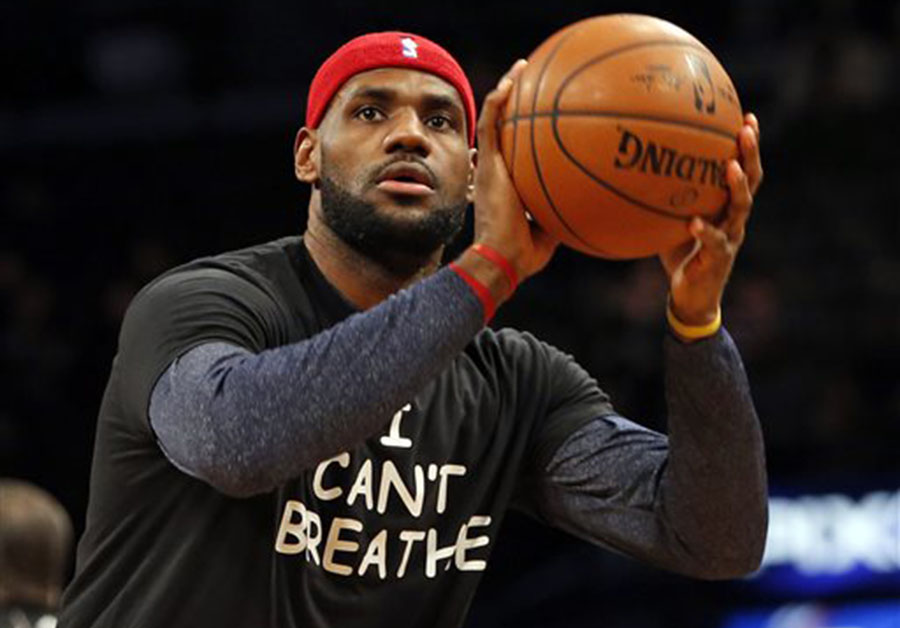

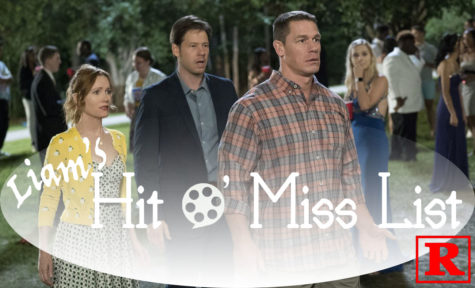


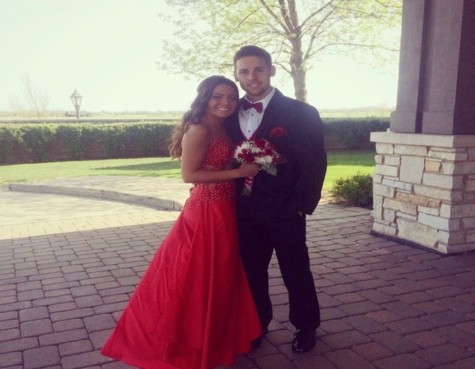

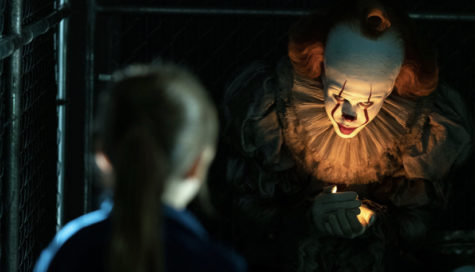
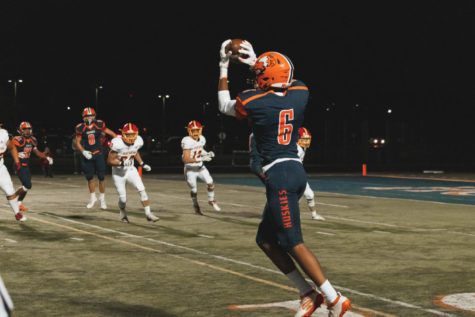
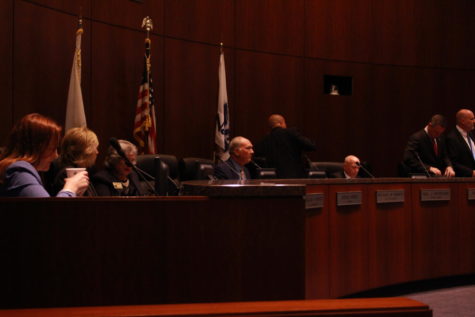
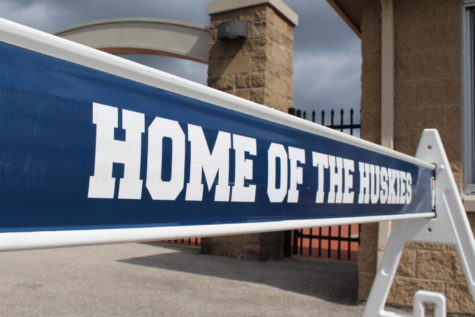
Big Jay • Dec 15, 2014 at 4:48 pm
good piece
Lillian • Dec 14, 2014 at 11:48 pm
First of all, police violence against black citizens is less of a political issue, and more of an issue regarding racial injustice, social inequalities, and serious breaches of human rights, so it really shouldn’t matter whether LeBron James is at a basketball game or not. It’s a part of something much bigger than a basketball game, and it’s something I wish more people were talking about, regardless of the situation, which is why I’m glad to see athletes speaking up.
Second of all, you’re saying that by speaking out about injustices in our society, athletes might be making their fans uncomfortable, and therefore should not do it, but isn’t that the point? People like LeBron James are in positions of high visibility, and they know that with their large followings, they have the power and ability to use their platform for good, and that’s exactly what they’re doing; they’re speaking out about an issue that makes people uncomfortable, because facing the reality of the racially charged America we live in makes people uncomfortable. These athletes are forcing people to stop thinking about sports for just a bit, and think seriously about a something bigger that impacts a significant portion of our population, no matter how uneasy it makes them, and I for one, think that should never be discouraged. It’s how people bring about change.
Besides, imagine how much more uncomfortable it must be to be an African American in a society that is far from being post-racial, and has let multiple incidences like the one with Eric Gardner happen. I think that curtails any unease that a sports fans might have being forced to see shirt that says “I Can’t Breathe” while watching basketball.